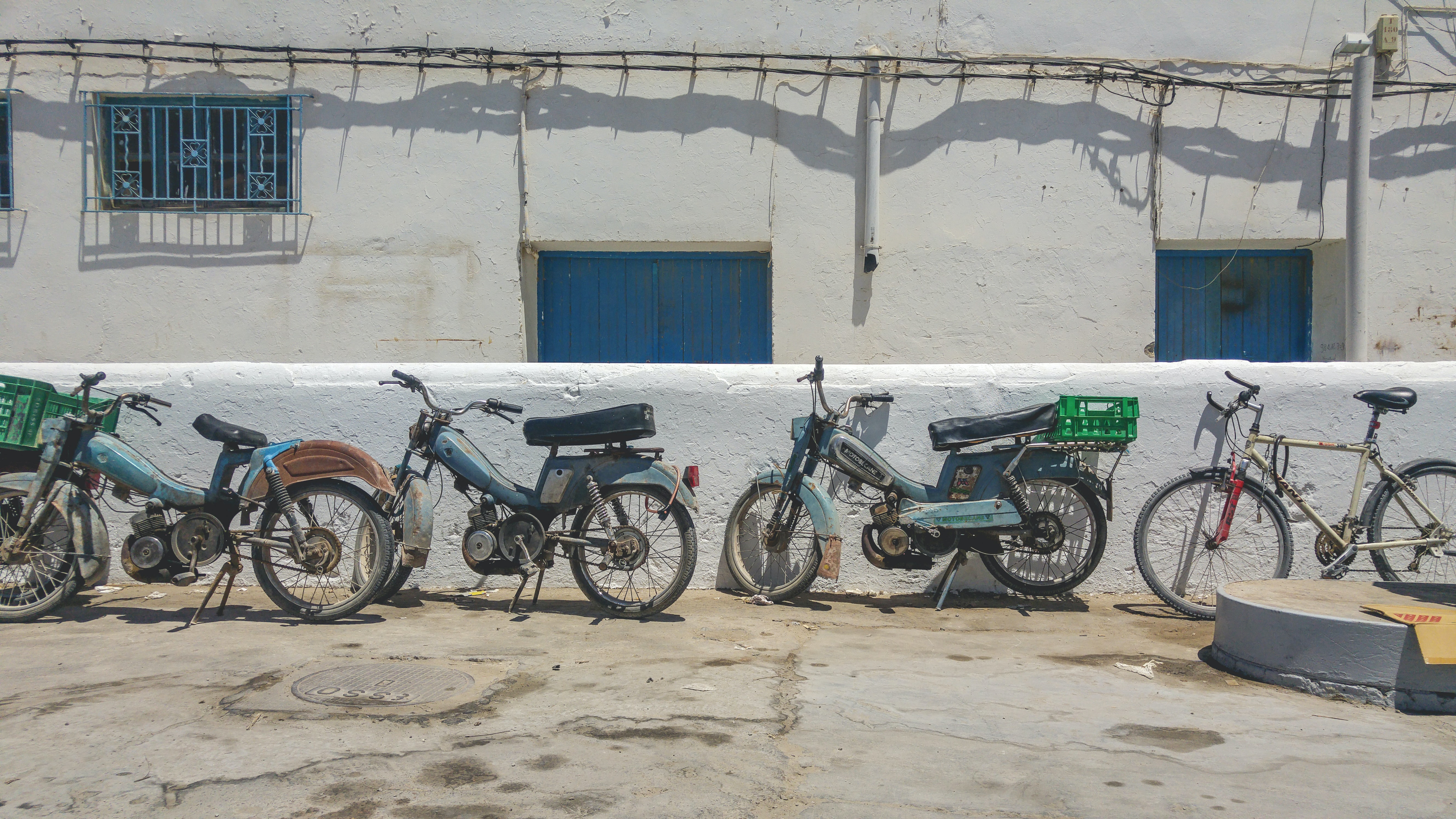Tunisia promotes the development of a sustainable and consistent urban mobility system

Only five years after its launch, the MobiliseYourCity Partnership has enabled the development of 4 National Urban Mobility Plans and Programmes (NUMPs). Tunisia was one of the first countries to achieve this ambitious but necessary goal. Fathia Neji, Deputy Director of Programs and International Cooperation at the Strategy and Projects Directorate within the General Directorate of Strategy and Public Enterprises and Establishments of the Tunisian Ministry of Transport, describes the challenges in urban mobility in Tunisia: urban sprawl, the increase in transport demand, the deterioration of services, the increase in energy consumption and the degradation of the quality of life in urban areas. To address those issues, the Tunisian Ministry of Transports decided to join the MobiliseYourCity Partnership. This enabled the country to benefit from technical assistance for a NUMP development.
A Partnership that gathers
The implementation of the Tunisian NUMP brought together various stakeholders from the transport sector and allowed them to work together on its development. This led to a consensus and real ownership of the process. The result: a clear and shared vision of the objectives for the future of mobility in Tunisia, but above all a concrete action plan and a real mobilisation on urban mobility issues.
The real impacts of this NUMP are the implementation of an appropriate governance system, the reorganisation of urban transport and the setting up of a permanent funding system. At this stage, the Council of Ministers has adopted the NUMP, the necessary studies are underway, and the action plan is being put in place. All these efforts could have a positive impact on the Tunisian transport sector. Indeed, the foreseen results by 2030 are as follows: a reduction in GHG emissions of -3 300 000 tCO2eq compared to the BAU scenario, a 31.4% increase in journeys on foot, by bike or by public transport and a 50% reduction in road accidents.
Challenges to overcome
Several steps were taken to achieve this result. The first of them was to take into account the characteristics of the Tunisian context. The reflection on this NUMP had to take into consideration realities such as the relative absence of the concept of mobility in the institutional and legislative frameworks of the country, the lack of strategic approaches to mobility at the national and local levels, the lack of integration between the different modes of transport and the lack of mobility charges at the national and local levels.
Fathia Neji recalls that “there was a real need to optimise the use of public funds to finance urban mobility, a need to restructure the ways to operate public transports and a lack of urban mobility indicators. The consequences of this situation were degraded services, difficult, slow, expensive, unsustainable and unsafe urban travels, poorly managed urban space and inconsistent public investments. The implementation of this NUMP aims at addressing these issues and improving urban mobility at the national level.”
A learning experience
Different lessons can be drawn from the implementation of this NUMP. First, the importance of involving all stakeholders in order to allow everyone to take advantage of their skills and to contribute. Besides, good communication is crucial to ensure that information and ideas circulate as much as possible. Finally, a key element is high-level political support in order to give the project every chance of becoming a reality.
Many different elements are necessary to ensure that a NUMP is successful. Fathia Neji reminds us of some of them. “First of all, stakeholders need to claim ownership of the project. Political support is also needed to allow the plan to take root. Other factors are important too, such as adequate funding sources and stability.” The sum of all these elements is what has enabled the NUMP development in Tunisia.
This process will guarantee the improvement of urban mobility in Tunisia and the reduction in GHG emissions related to urban transports. Fathia Neji can confirm: “The implementation of this NUMP will provide a sustainable, consistent urban mobility system, that meets the demand and contributes to a good quality of life in the urban context”.
If you want to learn more about Tunisia’s NUMP you can consult MobiliseYourCity’s dedicated page.
To learn more about MobiliseYourCity’s actions, download our Global Monitor 2020.